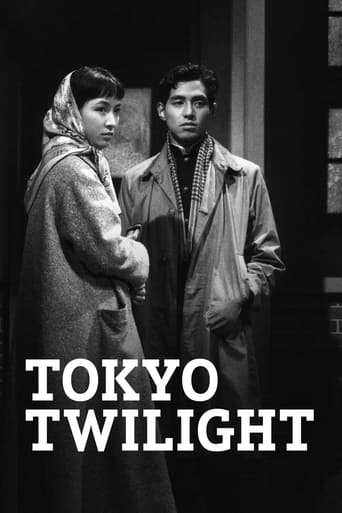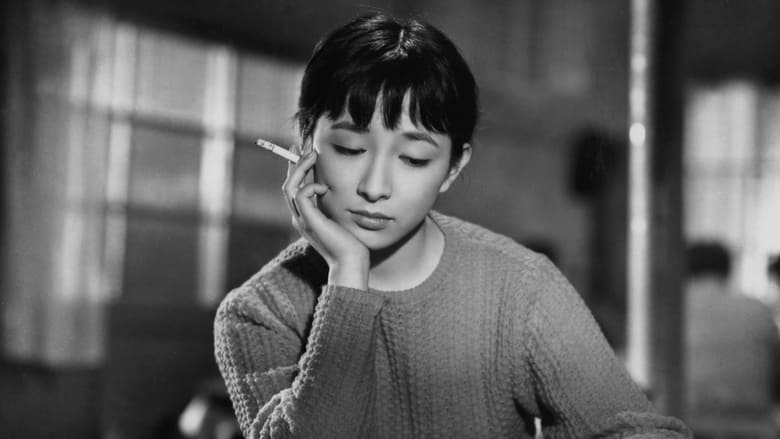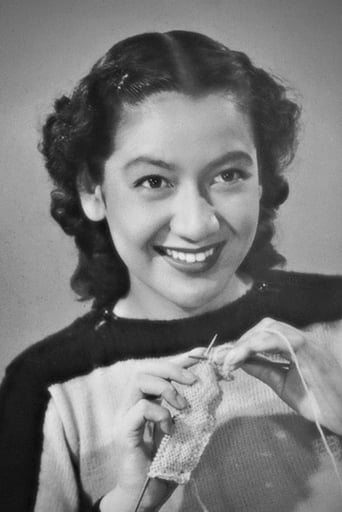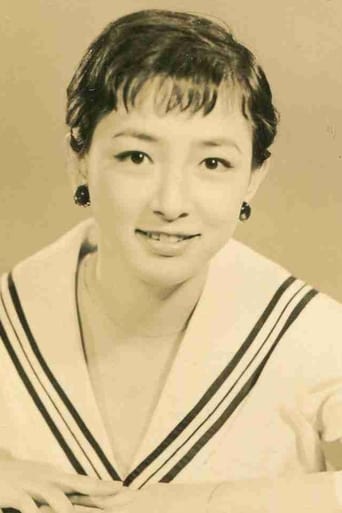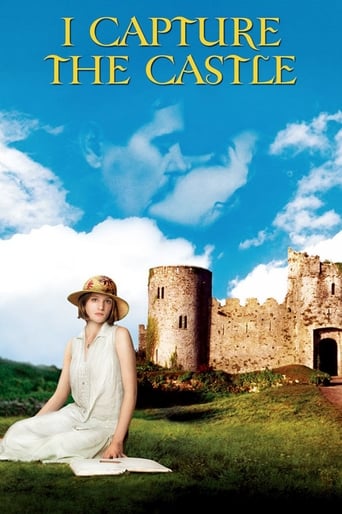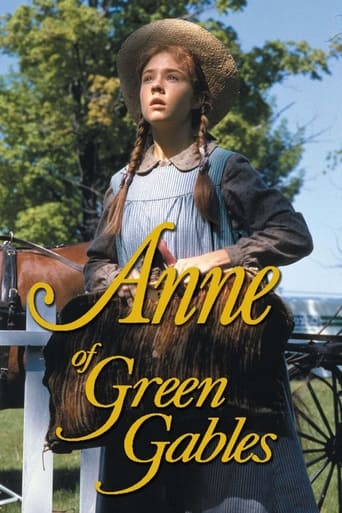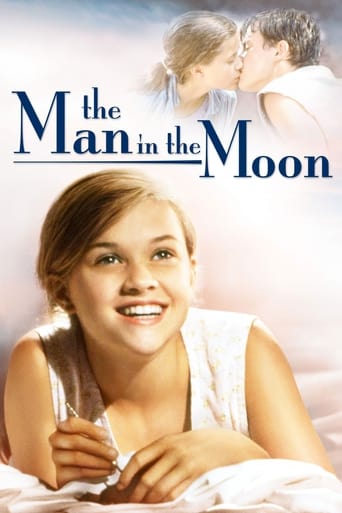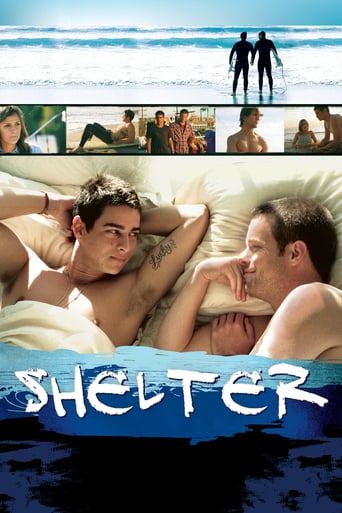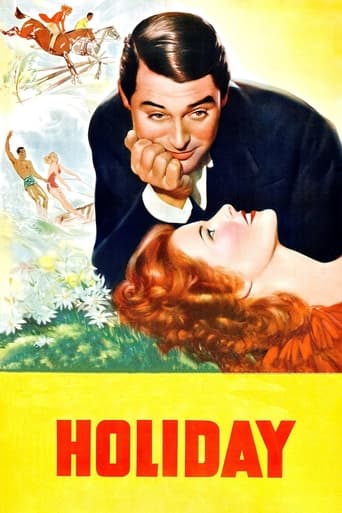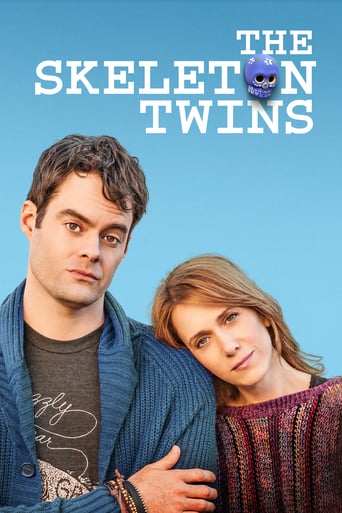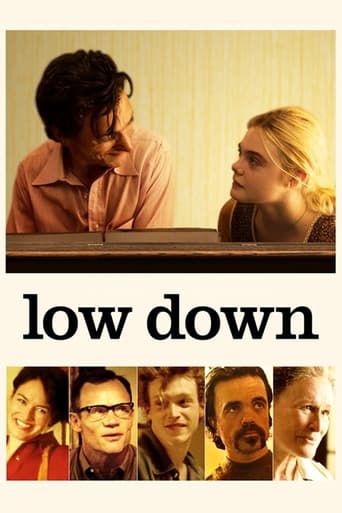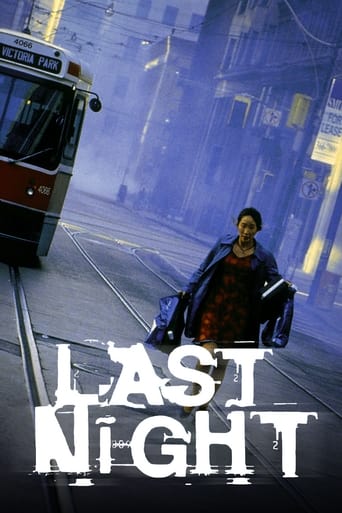Tokyo Twilight (1957)
Two sisters find out the existence of their long-lost mother, but the younger cannot accept the fact that she was abandoned as a child.
Watch Trailer
Cast


Similar titles
Reviews
Pretty Good
I'll tell you why so serious
Best movie of this year hands down!
Through painfully honest and emotional moments, the movie becomes irresistibly relatable
This film is methodical in developing its tale of troubles for a Japanese family, which had a wife run away from her husband and two daughters when they were young, the older daughter (now grown) running away from her own unhappy marriage, and the younger daughter running with the wrong crowd and getting pregnant. Despite all these dark elements, the film is very prim and proper in its delivery, and rather quiet.The older daughter is played reasonably well by Setsuko Hara, but she's upstaged by Ineko Arima, who plays her rebellious younger sister. The scenes with Arima frustrated by her lover's games, dealing with an unwanted pregnancy, and wondering if she was the product of an affair of her mother's are among the best in the film. It was interesting to contrast the handling of abortion by director Yasujiro Ozu with that by 'new wave' director Nagisa Oshima (Cruel Story of Youth, 1960), and the American Robert Mulligan (Love with the Proper Stranger, 1963).The issues I had with the film all relate back to Ozu's direction. Early on in the film you'll notice actors often staring directly into the camera as they deliver their dialogue, particularly the father (Chishu Ryu). These simple shots seem dated, even for the time period. As the film progresses, it's too ponderous in many of its shots and scenes, such that it ends up being much too long at 140 minutes. Lastly, I disliked the fact that it was ultimately a morality tale. With a heavy hand, Ozu essentially tells us it's important to keep a marriage together even if it's unhappy, because one parent will not be enough. The message is dated, and his delivery lacks artistry.
Viewed on DVD. Restoration = ten (10) stars. Unlike most films from Yasujiro Ozu, here is a movie you have NOT mostly seen before you actually see it! This is mainly due to a plot that is uniquely divergent for this director (who is also a co-author of the script). It is a refreshing relief from the usual over-the-top depiction of tragedy in many/most dramatic films of the era. No over-blown emoting (except for the youngest lead actress), extensive distraught hand wringing or scenery eating. On the other hand, the serene depiction of an extended family confronting life-changing misfortunes is unrealistically presented as essentially a "business- as-usual," every-day occurrence. The lectern is disguised, but the viewer can not escape the nuanced feeling of being lectured by the Director on how financially well-off, contemporary Japanese families are supposed to confront and react to tragic events. This is a movie that projects the director's opinion of how Japanese society should be, not how Japanese society necessarily was in the mid 1950's. There is not much in the film that is new at the execution level. As usual, there are no surprises, since the script telegraphs all forthcoming events. Most of the director's filming techniques, trade-mark shots, and artifacts are the same as used ad nausea in other films (except for the absence of clothes lines and the frequent substitution of "side acting" for "back acting" this time). As usual, the film is much too long and dragged out. Pretty much the same (outstanding) leading actors/actresses are in residence. Studio sets have been recycled as usual: this family seems to live in the same house as all the other families seen in all the director's other films (complete with bell-ringing outside sliding doors). All establishing shots are at worm's eye level which usually cuts the actors off at mid torso. The schizophrenic film score is badly in need of a music editor to match music and themes with actors and scenes. Music ranges from rip-offs of contemporary Italian movies (especially during the opening credits) to very light-weight Wagner. To add to this sorry state, happy music often accomplices the depiction of somber screen moments. Cinematography (black and white) consists of static shots using graying filters for real exteriors and an antique, narrow-screen format. Subtitles are just right: they neither lag nor lead the clearly enunciated dialog delivery. So in the final analysis what do we have? A photo play that is definitely worth watching and watching in its entirety, although surviving repeat viewings may prove beyond challenging. WILLIAM FLANIGAN, PhD.
This is my fifth Ozu film. And as I watch more of his movies my respect for his genius keeps on growing. He is more avant-garde than any other film maker I have seen.While others use wars as backdrop to create a more touching drama, wars just find a small reference in his films even if his characters have lived through them. While other use death as a dramatic pivot for the whole movie, Ozu skips it altogether. People do die in his films, but they do it off screen. There are no famous last dialogs about life or last moments.But despite these things or maybe because of these things, his movies are more poignant and touching than any other I have seen. I don't really cry while watching his movies. Instead they leave me in a strange tranquil state of mind, wistfully smiling.Another thing to note is that while his movies reveal more about Japanese culture than any other movies I have seen, at the same time they are very universal.If you haven't seen any movie by Yasujiro Ozu, I recommend starting with Tokyo Story or Good Morning. This one seems much longer as it takes some time to start and is devoid of humor. This is not meant as a criticism, Tokyo Twilight is still an amazing experience. But I think an average viewer should start with something else.
A deeply, uncharacteristically dark film, even among other "dark" Ozu films (i.e. A HEN IN THE WIND, EARLY SPRING) that may require a theatrical setting for the viewer to be fully absorbed in the strange, dark textures of the world Ozu presents. I myself was pretty alienated for the first 1/2 hour or so until the wintry chill of the mise-en-scene (brilliantly suggested in the slightly hunched-over postures of the characters) found its way into me instead of keeping me at arm's length. And from there this story builds in unwavering intensity as it follows a family on a slow slide into dissolution: a passive, judgmental patriarch (played by Chisyu Ryu, subverting his gently accepting persona in a way that is shocking), his elder daughter, a divorcee with a single child (Setsuko Hara, playing brilliantly against type -- who'd have thought the sweetest lady in '50s Japan had such an evil scowl?), and his younger daughter (Ineko Arima, a revelation), secretly pregnant and searching for her boyfriend, get a major shakeup when their absent mother, who the father had told them was long dead, re-enters their lives. Ozu's vision of post-war Japan and how the sins of one generation get passed on to the next, illustrated brilliantly by a series of parallels drawn sensitively between characters, manages to be both compassionate and scathing -- even a seemingly cop-out happy denouement is embedded with a poison pill. A masterpiece, without question, one that throws all of Ozu's depictions of modern society in a beautifully devastating new light.

